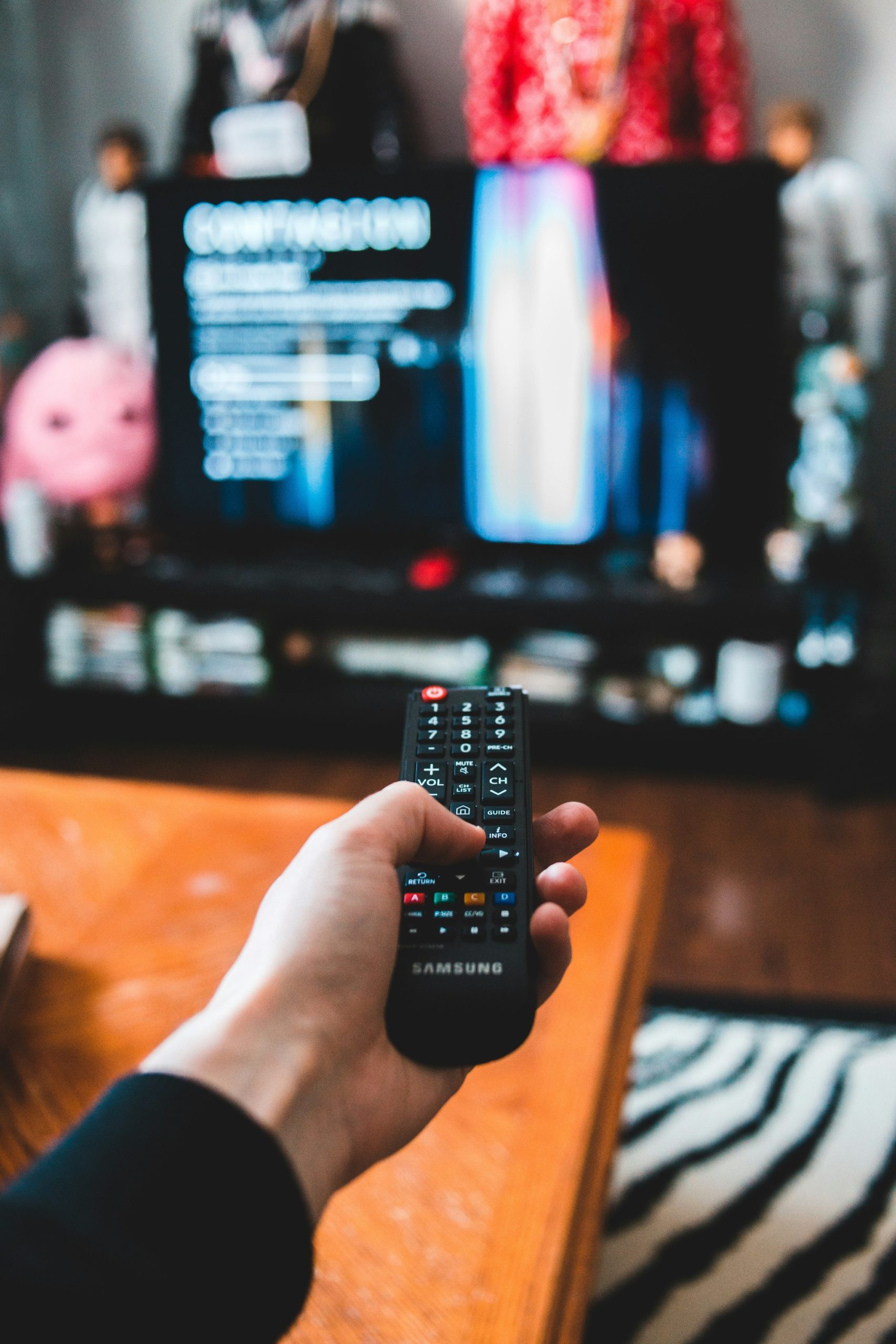
Reality TV often gets a bad rap. It’s been dismissed as shallow, brain-numbing, and even harmful to society. But what if the shows you love, whether it’s dating drama, cooking competitions, or survival challenges, are actually doing something good for your brain?
It turns out that reality television might offer more cognitive and emotional benefits than we give it credit for. So before you feel guilty about your latest binge of Love Is Blind or Survivor, here are seven science-backed reasons why reality TV could be giving your brain a healthy workout.
1. It Boosts Emotional Intelligence
Many reality shows are emotional rollercoasters filled with complex social interactions, arguments, alliances, and unexpected confessions. Watching how people react in different situations helps us develop emotional intelligence, also known as our ability to recognize, understand, and manage emotions in ourselves and others.
By observing human behavior in extreme (or hilarious) circumstances, we become better at reading social cues and empathizing with others. In fact, studies suggest that viewers who regularly watch relationship-based reality shows can become more emotionally perceptive over time.
2. It Encourages Critical Thinking
Believe it or not, watching reality TV often requires you to make snap judgments, analyze character motives, and predict outcomes, all of which engage critical thinking skills. Whether you’re guessing who will get eliminated next or spotting red flags in a contestant’s behavior, your brain is constantly making evaluations.
Competition-based shows, in particular, demand mental engagement as you assess strategies, performance under pressure, and decision-making, all from the comfort of your couch.
3. It Reduces Stress and Enhances Mood
Sometimes, the best thing you can do for your brain is give it a break. Reality TV offers a form of low-stakes escapism that allows viewers to disconnect from their own stress and immerse themselves in someone else’s world. This mental distraction can trigger the release of dopamine, a feel-good neurotransmitter associated with pleasure and reward.
Unlike high-drama scripted shows that might keep your mind spinning, many reality series offer lighthearted entertainment that helps you decompress and reset your mood.
4. It Sparks Social Connection
Reality TV is one of the most shared and discussed forms of media. It gives people something to talk about, laugh over, and debate, whether online, at the office, or with friends. This shared cultural experience can foster connection and community, both of which are essential for mental well-being.
From group chats to Reddit threads, reality shows serve as modern campfires where people gather to share opinions and insights. Talking about last night’s episode is not just fun. It’s mentally stimulating, too.

5. It Offers Psychological Insights
Shows like The Bachelor, Big Brother, and The Real Housewives inadvertently reveal fascinating truths about human psychology: insecurity, competition, jealousy, ambition, and vulnerability. Watching these dynamics play out in unscripted form can provide a front-row seat to the complexities of human nature.
For many viewers, reality TV has become a form of amateur psychology. It’s not uncommon to hear someone say, “She’s projecting,” or “He’s got serious commitment issues.” While you may not be a licensed therapist, the brain is still processing and interpreting complex interpersonal dynamics in real-time.
6. It Fuels Creativity and Imagination
Creative reality shows like Project Runway, The Great British Bake Off, and Lego Masters inspire the viewer’s own creativity. As you watch contestants brainstorm, design, and execute their visions, your brain’s creative centers get activated, too. Even if you’re not picking up a paintbrush or piping bag afterward, exposure to other people’s creative problem-solving can stimulate new ideas in your own life. That’s a cognitive win.
7. It Promotes Mindfulness (Yes, Really)
One of the unexpected brain benefits of reality TV is that it can encourage a mindful state—being present and fully engaged in the moment. When you’re absorbed in a dramatic rose ceremony or an intense cooking challenge, your thoughts stop wandering to to-do lists, work stress, or tomorrow’s errands.
This “flow state” of focused attention, even during passive entertainment, helps quiet mental noise and reduce cognitive fatigue. In other words, zoning in on a show can be more rejuvenating than mindlessly scrolling through social media.
You Don’t Have to Feel Guilty for Loving Reality TV
Despite what critics say, reality TV isn’t just brain candy. It can actually serve as a source of emotional growth, critical thinking, creativity, and even mental relaxation. Like anything, moderation is key, but if you’re choosing between endless stress and 45 minutes of pure, unfiltered drama, your brain might thank you for the latter.
So go ahead and queue up your favorite guilty pleasure. Your neurons aren’t just surviving. They might be thriving.
Do you think reality TV has taught you something about people or even yourself? What’s one show that surprised you with how deep it actually was?
Read More:
20 Ways To Break Your TV Habit and Save A Fortune
14 Traditional TV Networks That Younger Generations Don’t Watch Anymore
Riley is an Arizona native with over nine years of writing experience. From personal finance to travel to digital marketing to pop culture, she’s written about everything under the sun. When she’s not writing, she’s spending her time outside, reading, or cuddling with her two corgis.
Comments